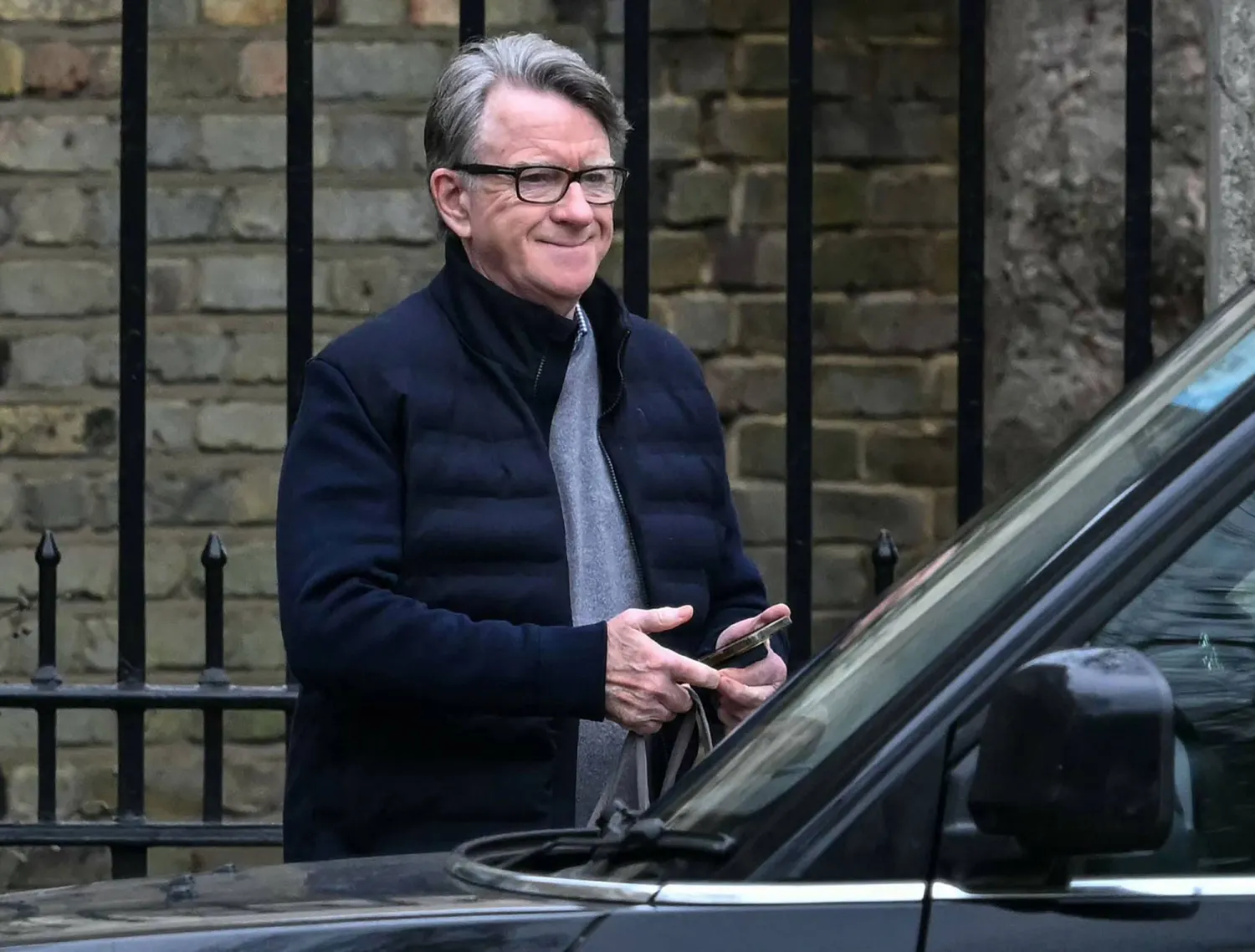The United Nations and several countries on Tuesday denounced Israel's far-right national security minister Itamar Ben Gvir for leading prayers at the flashpoint Al-Aqsa mosque compound, calling the move "unduly provocative."
"We are against any efforts to change the status quo within the holy sites," said deputy spokesman Farhan Haq.
"Al-Aqsa mosque, like the other holy sites in Jerusalem, should be left to themselves and should be controlled by the existing religious authorities for the sites. This sort of behavior is unhelpful and it is unduly provocative."
Itamar Ben Gvir, one of the far-right ministers in Prime Minister Benjamin Netanyahu's coalition, led hundreds of Israelis into the Al-Aqsa mosque compound on Tuesday to mark a Jewish holiday.
The visit defied rules in Israeli-annexed east Jerusalem that allow Jews and other non-Muslims to visit the mosque compound but not to pray or display religious symbols.
The mosque is Islam's third holiest site but the compound also is Judaism's holiest place, revered as the site of the ancient temple destroyed by the Romans in 70 AD.
The United States also criticized the move, affirming that it stands "firmly for preservation of the historic status quo with respect to the holy sites of Jerusalem and any unilateral action, which this would be..., that jeopardizes such a status quo is unacceptable," State Department spokesman Vedant Patel told reporters.
"Not only is it unacceptable, it detracts from what we think is a vital time, as we are working to get this ceasefire deal across the finish line," he said, referring to a US-led push for talks Thursday to stop the Israel-Hamas war, according to AFP.
France's foreign ministry condemned the Israeli minister calling his action as an unacceptable "provocation".
Urging Israel to respect the status quo at Islam's third-holiest site -- also Judaism's holiest place -- the ministry statement said: "This new provocation is unacceptable."
Also, the EU condemned what it described as "provocations" by Ben Gvir.
"The EU strongly condemns the provocations by Israeli Min. Ben Gvir who, during his visit to the Holy Sites, advocated for the violation of the status quo," EU foreign policy chief Josep Borrell wrote on X.
On Tuesday morning, Ben Gvir and some 2,250 other Israelis walked through the compound in groups, singing Jewish hymns, under the protection of Israeli police, an official from the Waqf, the Jordanian body that is custodian of the site, told AFP.
Ben Gvir, who has often defied the Israeli government's longstanding ban on Jewish prayer at the mosque compound, vowed to "defeat Hamas" in Gaza in a video he filmed during his visit.
The latest incident comes as the EU and other international powers are trying to calm tensions in the region as Iran warns of retaliation against Israel after the killing of a Hamas leader in Tehran.









